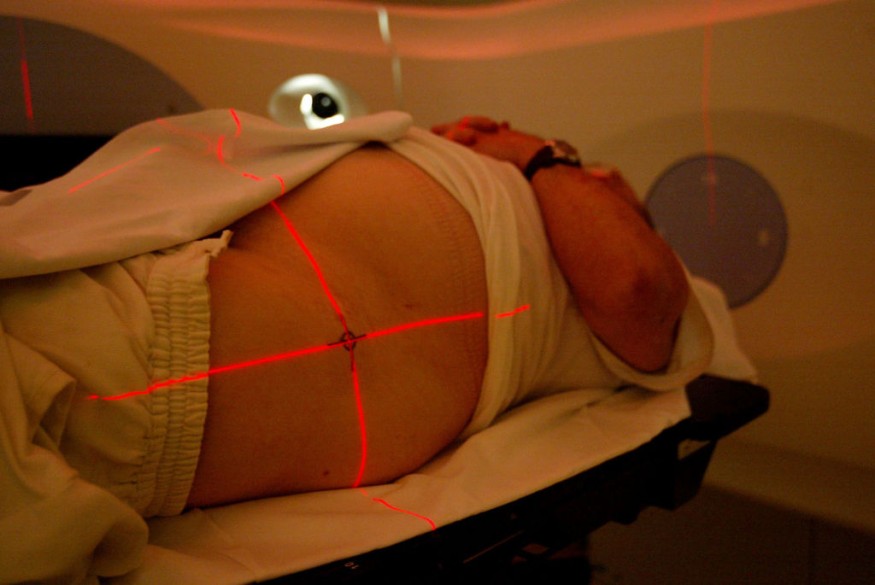A new medical development was constructed to provide quick and convenient testing for men who may be potential prostate cancer patients. The screening kit includes a specialized system that could relay any early warning signs of the condition. The study's main purpose was to promote the availability of this commonly overlooked medical technology to communities with a high incidence of prostate cancer and individuals with limited to no access to proper health care.
Rapid and Easy PSA Test

The new medical testing equipment for detecting hints of prostate cancer was presented in the form of minimal and inexpensive architecture. The components of the screening kit consist of a tiny cube-shaped measuring device that scales to 1.6 inches and a simple test strip. The device was manufactured to provide the necessary details of prostate cancer through a unique marker known as the prostate-specific antigen of PSA. The testing is not too complex and is similar to other tests, requiring just a single drop of blood from the subject.
The prostate screening device does not take too much time, allowing patients and experts to get ahold of the results in just a few minutes. Cornell University's Division of Nutritional Sciences expert and author of the study Saurabh Mehta said in a report by EurekAlert that the device is easy to set up and could extract blood samples from a selected community conveniently.
The samples will then be tested and the results will be available in 10 to 15 minutes. Rapid testing provides a much faster detection and can be utilized immediately for further insights and additional tests when needed. Mehta is joined by Balaji Srinivasan, who served as the study's first author, and other colleagues.
Mehta said that the development of the screening kit opens the gateway for a quick assessment of communities that have medical needs. The prostate test kit is equipped with a strip that is similar to the variants that are used for pregnancy and COVID-19 tests. Just a bit of blood from the subjects and the strip will be able to relay the confirmation of the disease in patients.
Read also: Lymphoma Cell Growth and Survival: New Study Shows Targeting ATF4 Gene Could Help Kill Cancer
Prostate Screening Device Specialized for Minority Groups
The strips of the device are specialized with 150-nanometer gold nanoshells. The choice of material was intended for the kit to be enhanced in quantifying the condition. The said materials also allow a stronger appearance of the bars that would show up following the test. Much from the simple lines on a pregnancy test strip, the cube kit is designed to read the intensity of the bars that appear on the strip, identifying the chances of prostate cancer in a person.
Srinivasan explained that once the screening kit is mass-produced, their team expects it to be sold at least a few dollars each. The device was curated in an affordable model to gain a fast and reliable result in real-time. It was also specifically targeted to the US ethnic communities with less or no PSA testing results in their lifetime.
According to the report, PSA testing has already declined in many minority groups in the country, especially in men who are in the age group of 40 to 54 years, and about 43 percent of African American males over the age of 41 never had any readings from any type of PSA test. The study was published in the journal Current Research in Biotechnology, titled "Highly portable quantitative screening test for prostate-specific antigen at point of care."
RELATED ARTICLE : Lung Cancer Patients Who Quit Smoking Even After Diagnosis Have Higher Chances of Survival Rate, Study Says
Check out more news and information on Cancer in Science Times.
© 2026 ScienceTimes.com All rights reserved. Do not reproduce without permission. The window to the world of Science Times.












